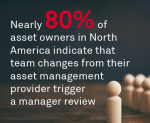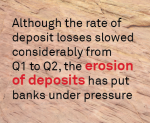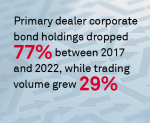U.S. Companies Shifting Bank Deposits in Search of Better Rates, Reduced Risk and Improved Service
November 7, 2023
One third of U.S. small businesses and mid-sized companies are planning to shift deposits from their current banks to a new provider.










